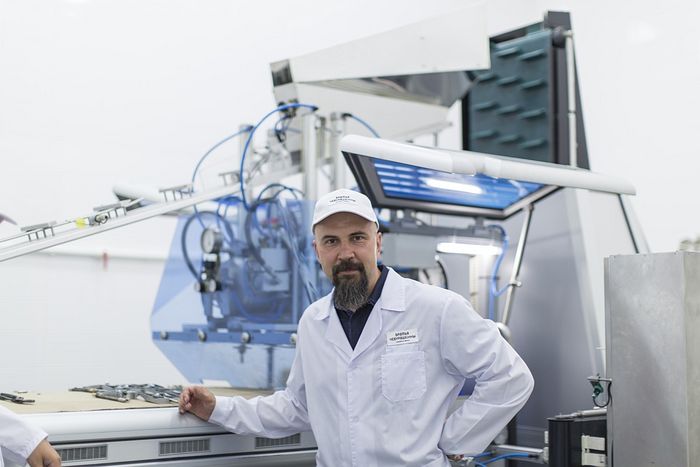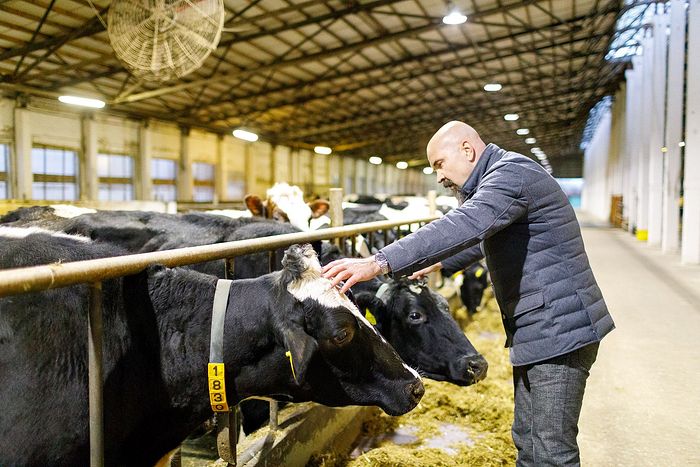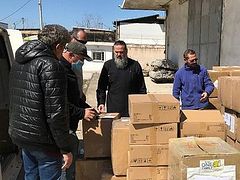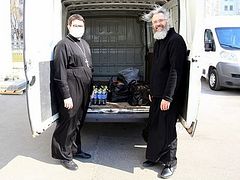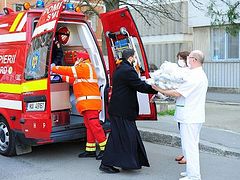The media are regularly publishing articles on the difficult situation that doctors across the globe are in during the coronavirus epidemic. The owner of the Cheburashkin Brothers company Vladislav Cheburashkin has spoken about how we can ease the burden of medical personnel.
—Vladislav, how was the idea to help doctors conceived?
—We see people all over the world self-isolating, trying to protect themselves from COVID-19. But there are those who have to work, helping others. They bear the brunt of additional risks and stress. They are having a hard time. The healthcare system is currently overburdened around the globe. Now doctors are on the frontline, and this fact worries everybody. How can we support them? We can’t do it in the dark; how can we discern where help is really needed?
We have used our personal contacts; some know chief physicians, others, individuals from the administration of medical institutions. We talked with people. Workload varies in different hospitals; in some hospitals doctors manage well, while others are faced with a lot of difficulties. We suggested giving it a try without promising anything—we would deliver our dairy products to their hospital, leave it at the entrance, and the staff would take it in themselves. And let us see if this help would be in demand among medical staff. 300 people work in the hospital we have an agreement with. We brought 350 portions of food there: yoghurts, cottage cheese, and sour cream. These were distributed among the staff in the hospital cafeteria. The staff work in PPE twelve hours a day, and when they leave the risk zone and take their equipment off they must have an opportunity to have a bite quickly. And it shouldn’t be a sandwich—it would be desirable to take something healthier which won’t cause gastritis or other stomach upsets.
After the first delivery we got some feedback—the feelings were very positive. After all, aid can be not only material but also moral; in this particular case people were encouraged by the thought that someone is attentive to them and cares for them. Even if we have made their task just a little easier, that is great.
—At present virtually all businesses are experiencing a crisis. What can you say about your company?
—We are in crisis. Our sales are falling by twenty-five to thirty percent and that is critical. We save on production and cut our expenditures wherever possible. We have postponed all our development plans and our main problem is survival. 162 people work in our company. The primary duty of every director is to continue business and not shut down production in a critical situation. The most important thing is to preserve what we have and keep the jobs. Besides, we should look around and see what else we can do that is useful and within the scope of our possibilities. It’s not that easy.
I think that charity is quite a subtle and complex question. If your help is out of place, or it isn’t the right time, or it complicates the recipient’s life in some way or another, it may do him harm—cause stress, offend or even humiliate him. Aid, like any other action, should be sensible. Three requirements should be met: relevance, transparence, and a view of the long term.
Charity is a marathon, not a sprint. If you make up your mind to help, it is for the long haul. It’s a long story, so you need to prepare for it so that your work can run smoothly and make a profit. If we’ve decided to deliver food, we should watch our logistics to avoid delivery mistakes.
—That is, you plan to feed doctors on a regular basis as long as the epidemic is around? And how will it be possible with your business now functioning on an economical regime?
—There are presently a lot of risks and uncertainty. If the business is hard up or closes down, this initiative will stop. But I think that is not going to happen. We want to deliver dairy products to the hospital two to three times a week; at present we bear all the expenses on our shoulders. Of course, if the aid is appropriate it would be better to extend it, but we certainly won’t be able to do it on our own. Under present circumstances the company is struggling to survive. If some people wish to join and compensate for production costs, we will only be happy. Then we will be able to support two or three hospitals instead of one. Every forty rubles (0.54 US dollar) you transfer will mean another yoghurt, cottage cheese or some sour cream for a doctor or a hospital worker.
We all are in a difficult situation and everybody is stressed. A chance to help someone else is the very positive feeling that is so lacking with the state of stress. But, most importantly, it enables us to obey the words of Christ: For I was an hungred, and ye gave Me meat (Mt. 25:35).

